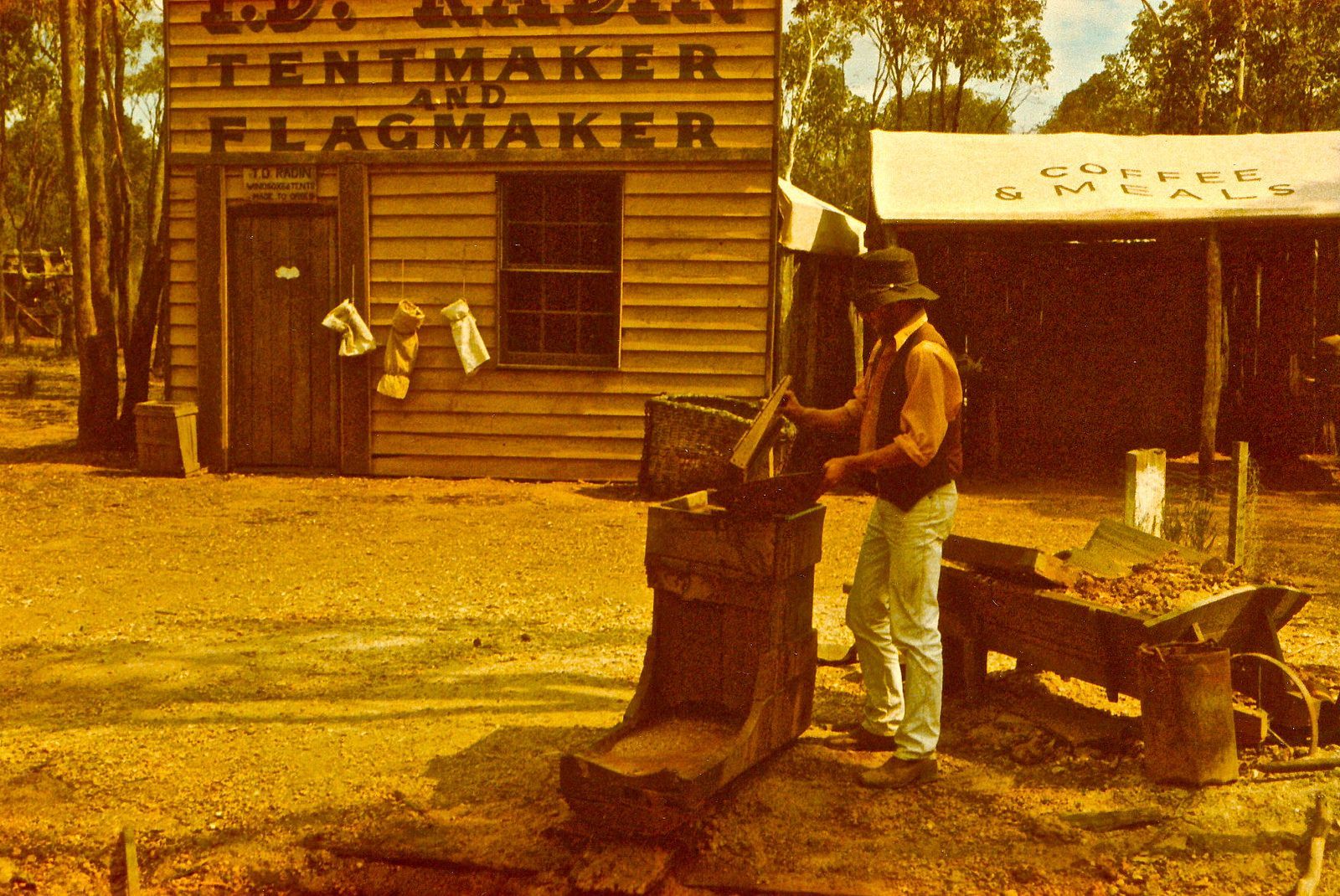Five Ways to Survive the Rigors of Bivocational Ministry
In part 1 of the Bivocational Series , I elaborated on the upsides of being bivocational; then in part 2 the challenges and downsides. Today I want to share some thoughts on how to survive the rigors of bivocational ministry. Whether you are neck deep in it, thinking about it, or circumstances seem to be pushing you in that direction, my hope is that this post will encourage you, bless you and help you on your journey.
Surviving the Rigors of Bivocational Ministry
1) Respect the season. A wise mentor of mine once said this. By it he simply meant, whatever season you find yourself in, respect it and don’t try to live outside of it. If you find yourself in bivocational ministry, there is grace to live it successfully – until and unless the season changes. It may be hard. It may not be what you want to be doing. But if God has led you in that direction there is grace for the season.
When we were preparing to launch Journey Church we had raised enough money for me to go full-time. As April came and went, I was ready, even though the launch finances didn’t kick in until June. I had had enough of burning the candle at both ends. But as I shared my thoughts with our prayer team, the Lord prompted one of them to ask me this question: whose spiritual growth are you hindering by leaving your job early? You see, God had opened up a door for me to do a Bible study with some people at work, and one young lady in particular was showing real interest in the things of God. Would my leaving the job early short-circuit her growth in Christ? As me and my wife prayed about, we thought yes, it would. So I decided to stay until the end of the school year when the program was over. Several months later, the young lady came to our launch and gave her life to Christ.
There is a time for everything, and a season for every activity under the heavens. (Ecclesiastes 3:1 NIV)
2) The top priority is to keep the top priority the top priority. Your family is first. There are a lot of things you are going to have to turn down in order to keep it that way. Schedule the most important things first. As a senior pastor that would be your personal time with God, your family, message preparation, leadership development and discipleship. Here are two things that will help you keep your family top priority:
- A clearly defined Sabbath Day
- A weekly family night – shut the world out and spend time together
3) The work will always be there. When working bivocationally (or in ministry for that matter), you will never feel like everything is done. There will always be work hanging over your head. When you don’t get everything done, remember, there is always tomorrow! Do the most important things first and if the rest doesn’t get done, most of the time it can wait.
For me, that boiled down to my sermon, my life group, a few young men I was discipling and some weekly administrative tasks I needed to fulfill.
The Silver Lining
There is a silver lining in all this. Time is a funny thing. It seems the less time we have the better we manage it and the more we have the more we squander. While working bivocationally, I learned how to manage my time really well. The important things got done and the not so important things fell to the wayside. On the flip side, there is very little margin or room for error. As I said before, you must focus on the most important things first or you will drown.
Equipping and Delegating
Equipping and delegation must become your focus . Because you have less time, equipping and delegating become even more critical. Having less time forced me to be intentional about equipping people for ministry, involving more people in the process and delegating things I didn’t have time to do.
4) Remember, the Church belongs to Jesus and it’s up to Him to build it. Sometimes we mistakenly think that the sole responsibility of building the church falls to us. But it doesn’t, it actually falls to Jesus (see Matthew 16:18). While working bivocationally, I learned to do my part and trusted God to do His. My part is to plant and water, God’s part is to bring the increase (see 1 Cor. 3:6). Then when He does, we harvest it! I also realized my part was smaller than I originally thought. I came to that conclusion when after all my efforts (including some that weren’t directed by Him) nothing changed. Like Jesus, I only want to do what I see the Father doing (see John 5:19) and move where He is moving. When we come to understand that the Church rests on Jesus’ shoulders, not ours, we tend to work from a place of rest, not striving, and we give God the glory for what happens.
This leads me to my last and final tip…
5) Find a rhythm of rest. Despite the high demand on your time, you must find a rhythm of rest. Even while working bivocationally, I rarely compromised my Sabbath day. As I previously mentioned, we were also planning a major public launch or grand opening while I was working bivocationally. There were always things that needed to be done, but after God taught me an important lesson about rest , I knew I was destined for burnout if I didn’t find and establish a rhythm of rest. Here are a few things that helped me establish a rhythm.
- Never compromise your Sabbath day
- Pick a stop time to end work (with the help of your wife) and stick to it
- Get enough sleep. Sleep is your friend.
- Plan some fun activities on a somewhat consistent basis
Get my free e-book on rest here. You can also check out a four-part sermon series I preached called Refresh.
In the end, if you do find yourself having to work bivocationally, pray and do your best to find something with flexibility and adequate pay. This is easier if you have some skills that allow you to do this – like carpentry, graphic design, photography or some type of consulting. Since I possessed none of those skills, I had to find a job that paid well and accommodated the hours I needed. God opened up the perfect opportunity for me to work at an urban youth center; putting together my teaching gift with my love for youth. Uber is also a great option if it exists in your city. It is flexible and pays well.
Conclusion
In conclusion, I would say, if you can avoid having to work bivocationally, do it. The difficulty of working as a bivocational minister is really taxing. Honestly, I don’t think I could have continued that way forever. I have the utmost respect for those who embrace it as a way of life. There are some who even work a full-time job while pastoring a church. This is nothing short of miraculous. My hat is off to you.
If you find yourself in bivocational ministry, know that God’s grace will sustain you. He will give you everything you need when you need it. I know it’s hard, but your reward is great in heaven. Your willingness to lay down your life and be obedient to the call is an example to us all. Thank you!
Other Parts in the Series
Resources on Being Bivocational
- Reasons Bivocational Ministry Matters by Thom Rainer
- What is Bivocational Ministry? by Jonathan Parnell
- What Is A Bivocational Pastor? by Wayne Rowan
- The Dangers of Bivocational Ministry by Beau Underwood
- The Demands and Benefits of the Bivocational Minister by Ray Glider
- The Challenges of a Bivocational Pastor by Joshua Simpson
Like this post? Why not share it!
Share this Post:












